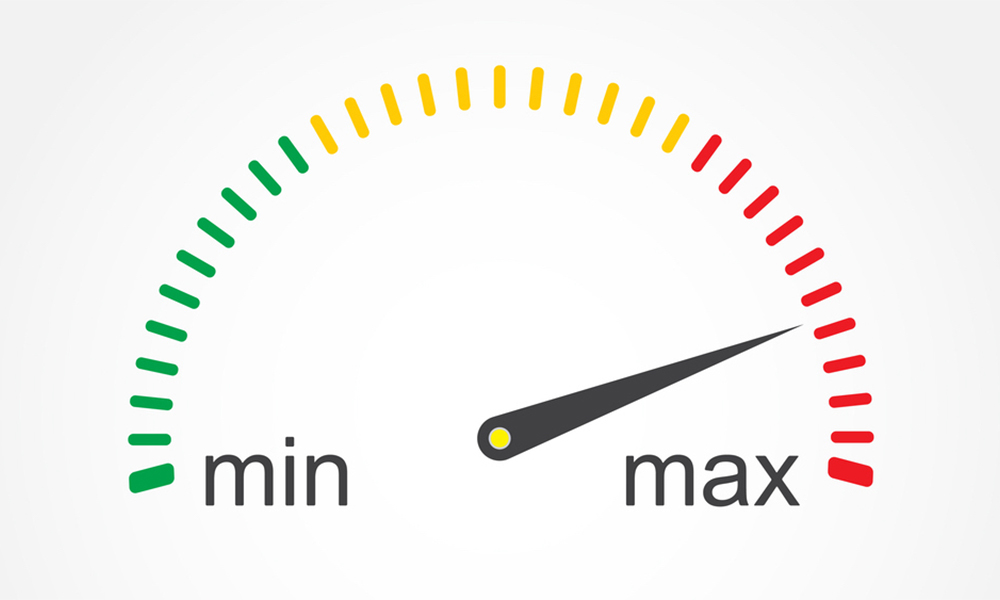Work friendships, which used to be quite effortless while working in physical offices, have become strained during the pandemic. With the transition to WFH, people have lost access to the easy interactions that made the workday enjoyable and fulfilling – be it catching up with co-workers over lunch, swapping stories before a meeting or simply having a casual chat in the hallway.
Social interactions at the workplace satisfy a fundamental human need for connection. In a world where most people work between 7-10 hours a day, camaraderie with colleagues is vital to our wellbeing. According to Shasta Nelson, author of The Business of Friendship:
Research shows what you’re doing all day and who you’re doing it with impacts your well-being and happiness at work. Work is where you make one of your biggest contributions to the world and where you spend most of your time. You’ll feel better doing those things if you feel seen and supported by work colleagues.
So, this week, my message focuses on the importance of work friendships. How can you rekindle and sustain these relationships during the pandemic?
Why work friendships matter
In a recent survey, 70 percent of respondents said that having friends at work was the most crucial element for a happy professional life.
Several studies have found that work friendships give you joy, optimism and meaning. Simply knowing you have a friend around at work decreases stress, increases resilience and creates better work-life balance.
Not only are work friendships important for personal wellbeing but also for workplace performance. Marissa King, a professor at Yale University and author of Social Chemistry, social connections are a key predictor of cognitive functioning and engagement. Research from Gallup has found that having a close friend at work enhances quality of output, job fulfilment and even company loyalty. Strong personal ties also facilitate the sharing of information, ideas and learning at the workplace. Some scientists have even found improvements in immunity and blood pressure among people who get along with their co-workers. In other words, office friendships are good for your mental and physical health – as well as productivity and job satisfaction.
The power of “weak ties”
Interestingly, it’s not just strong personal ties that lift you up – even “weak ties” offer surprising benefits. Pre-COVID, most people crossed paths with 11-16 casual acquaintances each day, between commuting, working and running errands. These small interactions, too, have the potential to make you feel happy and socially connected – from the person in the cafeteria remembering your usual order, to a pleasant chat with your neighbour.
This outer circle exists in the workplace as well. Remember how good it felt to catch up with colleagues from other departments, perhaps in the hallway or after a townhall? As Gillian Sandstrom and Ashley Whillans explain in their Harvard Business Review article:
Weak-tie relationships give us short, low-cost, informal interactions, which often provide new information and social variety. As a result, we are often pleasantly surprised by these moments.
The COVID effect
The transition to remote work has taken a toll on the primary facilitators of office friendship – physical proximity, shared spaces and spontaneous interactions. What’s more, we’re all struggling with the effects of COVID. For some, life has become even more hectic due to added childcare, healthcare and household responsibilities. For others, especially leaders, workdays have lengthened due to the numerous crises over the past year. The pandemic has also triggered a slew of mental health issues. These impacts have left employees with even less time and energy for social interactions.
Sustain work friendships
If you’ve been missing your office friends, it’s time to rekindle and nurture those precious relationships. Here are seven suggestions to help you get work friendships back on track:
1. Set an intention.
Maintaining work friendships during a pandemic takes intentionality. Since social interactions aren’t happening spontaneously, you now need to initiate them – which requires effort. So, the first step is to set an intention in your mind, to choose to put a little bit of your time and energy towards work friends. Write down the names of 2-3 colleagues who are most important to you, and place the post-it in your workspace. This will function as a physical reminder to reach out and connect with them.
2. Keep it short and simple.
One of the biggest reasons work friends lose touch is the pressure for extended interactions – long phone calls, virtual drinks, game nights. While these are all great ways to socialise, they’re not feasible for everyone. Unfortunately, we tend to overlook the power of shorter check-ins, which are also an effective way to keep friendships alive.
Instead of waiting until you and your colleague are both free for an hour-long catchup (which may never happen!), seize the opportunity for quick chats when possible. If you’re taking a brief breather, give them a call and say something like, “Hey, I’m taking a 15-minute coffee break. Are you free to chat?” This instantly takes the pressure off the other person as well. When reaching out to weak ties, the HBR article mentioned above suggests the following:
Phone calls can feel intrusive, and emails seem impersonal. Instead, try reaching out to a “weak tie” via text message or Facebook. This will allow the other person to respond whenever they can, so you don’t need to worry about reaching out at the wrong time.
3. Adjust your expectations.
Keep in mind that many people are feeling overwhelmed right now. This means your co-workers might respond late, or perhaps not at all. If so, don’t take it personally! The authors of the HBR piece advise reframing your expectations:
Remind yourself that the point of reaching out…is to let this person know that you are thinking about them…. Instead of expecting a reply, enjoy the knowledge that your message is likely to deliver a little hit of happiness…. Right now, the best social interactions are those that tell others you are thinking of them, without an expectation of a return of time, energy, or attention.
4. Expand your friends circle.
In her article for Fast Company, Stephanie Vozza points out that now is the ideal time to connect with new people:
The upside to working virtually is that you can broaden your circle beyond what would naturally happen in an office on a daily basis. If you’ve always wanted to build a relationship with someone in another department, take advantage of the fact that everyone is working remotely to reach out and suggest a call or video meeting.
Having similar interests offers a great starting point for friendship – whether you share a passion for sourdough bread, football or gardening. The same goes for your living situation. Colleagues who live alone, or those with young children, could have a lot to share with one other.
5. Connect authentically.
Being real and vulnerable are essential ingredients to forge strong personal ties. This can initially feel a little awkward, especially when communicating virtually, so be intentional about sharing personal aspects of your life – challenges, successes or simply everyday anecdotes. Doing so builds rapport and invites the other person to open up in turn. If a co-worker talks about something they’re struggling with, listen empathetically and offer compassionate support. These are the types of meaningful interactions that deepen work friendships.
6. Show you care.
When it comes to close work friends, it’s important to demonstrate that you care – just like in any relationship. Expressions of care look different for different people. For some of you, it’s making time to meet for coffee or have an extended video call. For others, it may be sharing carefully-chosen articles, songs or recipes. Whatever your preferred method might be, it’s the thought that counts most.
7. Set aside ‘social time’.
Even with the best of intentions, you might find yourself struggling to follow through because of limited time and energy. When we get caught up with work, home and family, our co-workers tend to get overlooked. Which is why it makes sense to carve out a regular window within your workday. Take this time to reach out to work friends via text, social media, phone call or video chat – whichever works best for both parties. Even 10-15 minutes a day is good enough for short, powerful interactions.
Be it in a physical office or a virtual team, most of us do better with friends at work – to brighten our day, to support us in crisis and to celebrate shared victories. As Alison Beard sums up so eloquently in her HBR piece on office friendship:
Real life happens at work: success, joy, failure, trauma. We need real friends – right there, at our side – through it all.








Comments